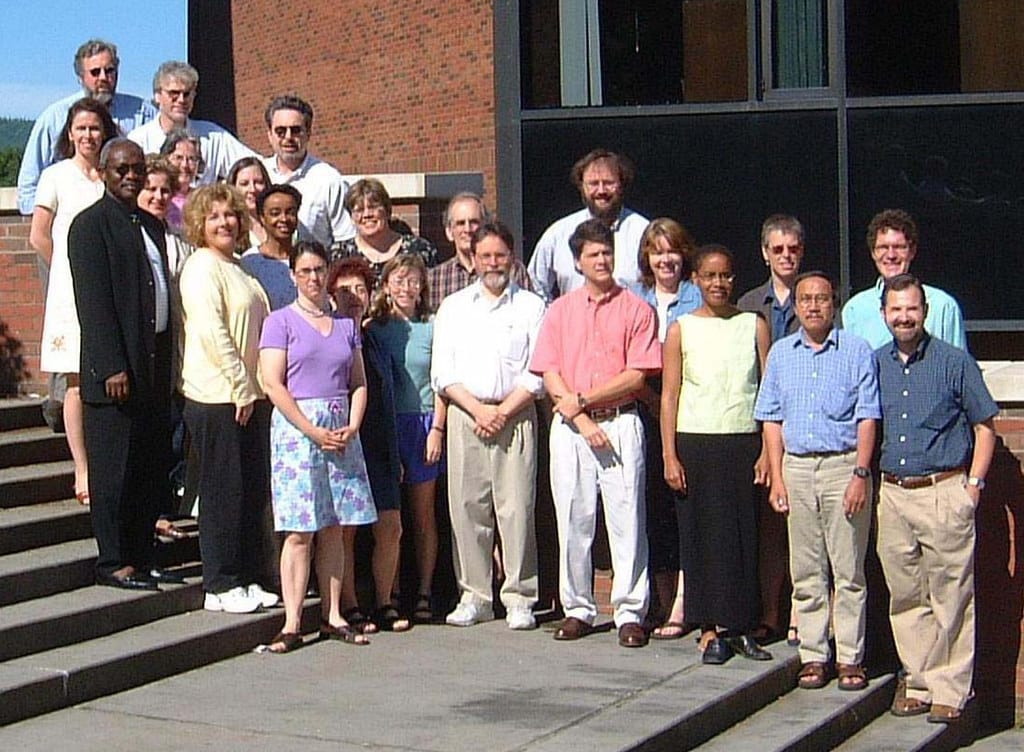The Silicon Valley Baby Race: How Tech Billionaires Are Engineering Tomorrow's Children
In a sterile clinic nestled between Tesla showrooms and AI startups, Silicon Valley's latest disruption target isn't another app or cryptocurrency—it's human DNA itself. Tech moguls who revolutionized how we work, communicate, and shop are now setting their sights on engineering the ultimate product: genetically enhanced babies.
The New Frontier of Founder Ambition
The same venture capitalists who backed Facebook and Google are quietly funding a new breed of biotechnology companies promising to eliminate genetic diseases, boost intelligence, and extend human lifespan—starting before birth. Companies like Genomic Prediction, founded by former Google scientist Stephen Hsu, offer embryo screening services that read like a Silicon Valley pitch deck: "Reduce your child's risk of schizophrenia by 70%" and "Increase cognitive ability scores."
This isn't science fiction. In 2023 alone, over $2.8 billion in venture funding flowed into genetic screening and embryo selection startups, according to PitchBook data. The industry's growth mirrors the explosive trajectory of early social media platforms, but the stakes couldn't be higher.
Beyond Disease Prevention: The Enhancement Arms Race
What began as medical interventions to prevent devastating genetic disorders like Huntington's disease has rapidly expanded into enhancement territory. Orchid Health, backed by prominent Silicon Valley investors, markets embryo screening for traits including height, BMI, and even projected SAT scores.
"We're not just preventing disease anymore—we're optimizing human potential," explains Dr. Sarah Chen, a bioethicist at Stanford who has consulted with several of these companies. "The question isn't whether this technology works, but whether we're prepared for a world where genetic advantages can be purchased."
The numbers tell a compelling story. Preimplantation genetic testing has grown 300% since 2016, with California leading the charge. Silicon Valley fertility clinics report that 85% of their clients now opt for some form of genetic screening—a rate three times higher than the national average.
The Ultrawealthy's Genetic Shopping List
Tech executives aren't just investing in these technologies—they're among the first customers. Multiple sources within high-end fertility clinics describe a clientele of cryptocurrency millionaires, unicorn founders, and venture partners spending $50,000-$100,000 per cycle to select embryos with optimal genetic profiles.
One prominent tech CEO, speaking anonymously, described his family's decision-making process like evaluating a startup: "We looked at the data, assessed the risks, and optimized for the best possible outcome. Wouldn't any parent do the same if they had the resources?"
The services extend far beyond single-gene disorders. Advanced polygenic scoring now promises to predict complex traits influenced by hundreds of genetic variants. Want to minimize your child's risk of depression? There's a score for that. Hoping to maximize athletic potential? The algorithms can help.
Ethical Algorithms and Unintended Consequences
Critics warn that Silicon Valley's "move fast and break things" mentality could have generational consequences when applied to human genetics. The same industry that struggled to anticipate social media's impact on mental health and democracy is now making irreversible changes to the human gene pool.
"We're essentially A/B testing on future humans," warns Dr. Michael Rodriguez, director of genetic counseling at UCSF. "Unlike a failed app launch, we can't simply roll back these genetic modifications."
The technology also threatens to exacerbate existing inequalities. While Silicon Valley families optimize their offspring's genetic potential, these services remain financially out of reach for most Americans. Insurance rarely covers enhancement-focused genetic screening, creating a potential genetic class divide.
The Road Ahead: Regulation vs. Innovation
As these technologies mature, regulatory frameworks struggle to keep pace. The FDA oversees genetic testing for medical conditions but has limited authority over enhancement applications. California recently became the first state to establish guidelines for genetic counseling in fertility treatments, but critics argue the regulations remain insufficient.
Conclusion
Silicon Valley's venture into human genetic enhancement represents either humanity's next evolutionary leap or a dangerous commodification of life itself. As these technologies become more powerful and accessible, society faces fundamental questions about equality, identity, and what it means to be human.
The baby race has begun, and the children born from these clinics today will inherit not just their parents' optimized genes, but the consequences of decisions made in boardrooms and laboratories. Whether that inheritance proves to be a blessing or a burden may not be clear for another generation—by which time, it may be too late to change course.

